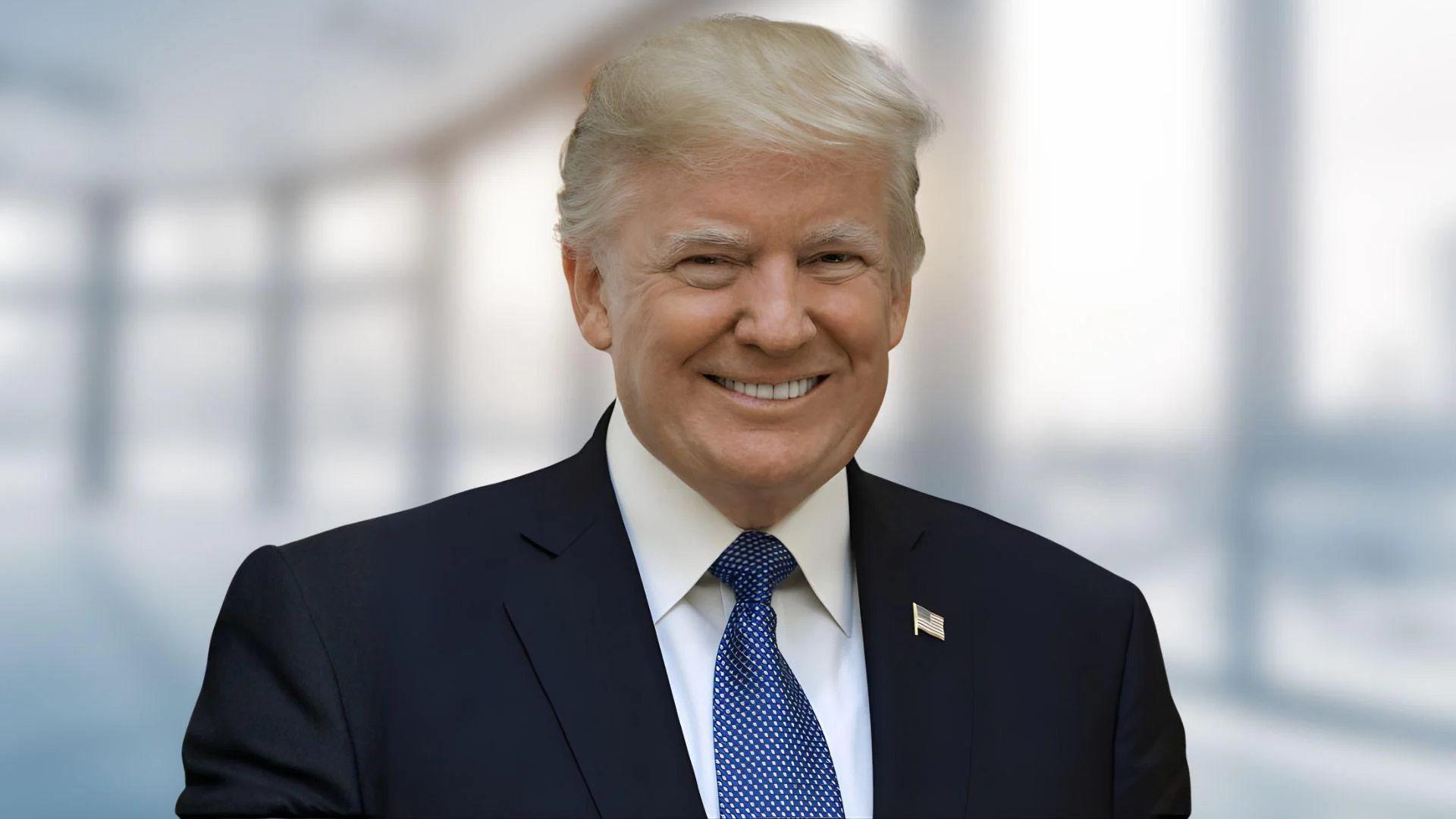Restoration News has reported that the National Defense Authorization Act (NDAA) is currently undergoing revisions in Congress. The discussions involve several provisions and reforms, including proposals supported by members of the America First caucus.
The NDAA serves as Congress's annual mechanism for establishing Pentagon policy and authorizing national defense programs, distinct from appropriations. According to advocates on the right, this bill is viewed as a key tool to restore merit-based standards, eliminate Diversity, Equity, and Inclusion (DEI) mandates, and refocus military efforts on lethality and readiness. The legislative process begins alongside the President’s budget proposal, progresses through the House and Senate Armed Services Committees, and concludes with a conference report. For over sixty years, Congress has enacted an NDAA annually, highlighting its importance in national security governance.
The Senate's Fiscal Year 2026 version advanced on October 9, 2025, with a $924.7 billion budget ceiling and a 4% pay raise for servicemembers. It passed with a vote of 77–20, indicating substantial bipartisan support for a strong defense posture despite ongoing policy debates. The bill also includes restrictions on certain force posture changes in Europe and South Korea due to concerns about deterrence while negotiators work out differences with the House. These quantitative markers outline what conferees must reconcile against House priorities favored by conservatives.
Beyond budgetary figures, the NDAA's consistency is evident: Fiscal Year 2025 marked the 64th consecutive year Congress enacted an authorization. Efforts for Fiscal Year 2026 appear promising following the Senate vote. Although the NDAA does not directly appropriate funds, its authorizations and directives influence billions in subsequent appropriations and oversight actions. This record of continuity across parties and administrations illustrates why conservatives argue that the bill should incorporate lasting reforms rather than temporary measures.
The NDAA governs policy for the Department of Defense and related programs at the Department of Energy. It sets personnel levels and directs acquisition and posture decisions—making it a central forum for debates over culture, readiness, and war powers. Current Senate action includes amendments on repealing legacy Authorizations for Use of Military Force (AUMF) and streamlining procurement processes. Meanwhile, the House is pursuing culturally focused provisions. The conference will determine which reforms will anchor U.S. defense policy for the upcoming year.





